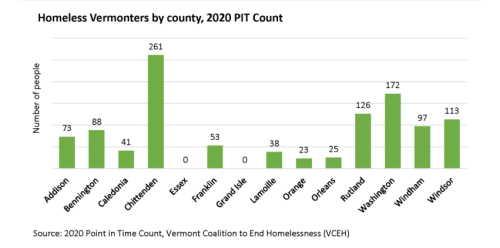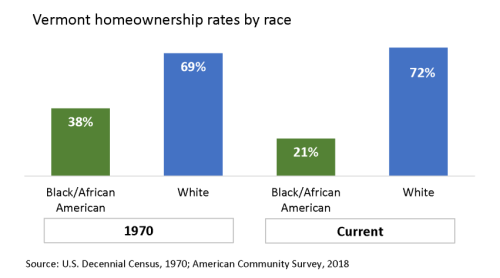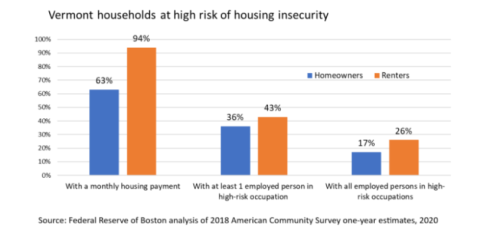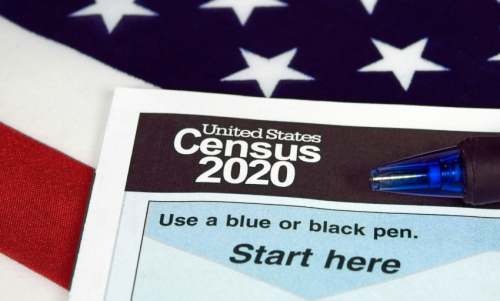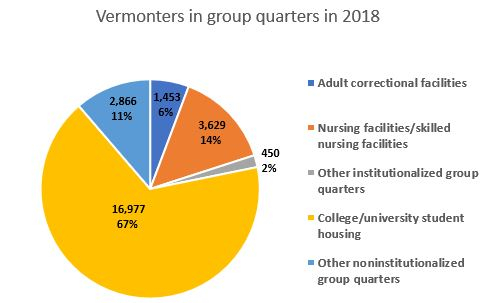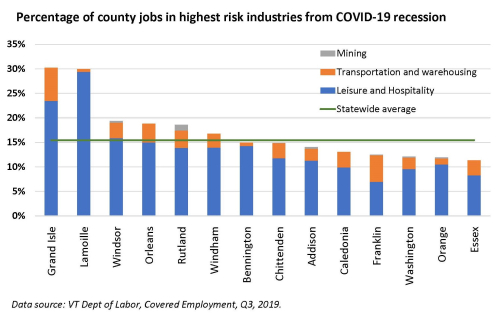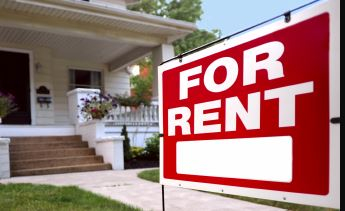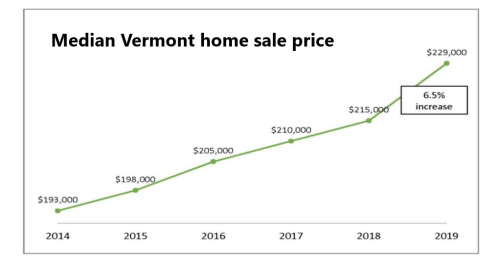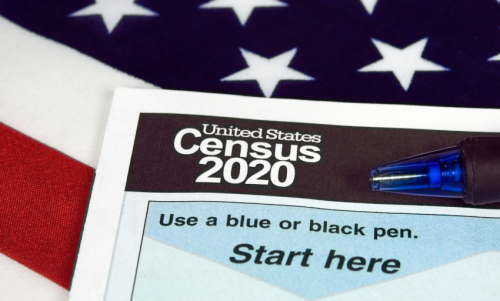Newly released data from the 2020 Point-in-Time Count in January found 1,110 people experiencing homelessness in Vermont, a slight increase from the prior year. That number has increased to over 2,000 people during the COVID-19 pandemic, according to the Vermont Coalition to End Homelessness.
Data and Statistics
VHFA responds to call for racial equity
The Vermont Housing Finance Agency (VHFA) is heeding the call Governor Phil Scott made ealier this week “to reflect on what role each of us can play to end hate, racism and bigotry.” As our nation grapples with complex discussions around institutional racism, the housing industry must be a focal vehicle for both analysis of past racism and how we can work toward eradicating institutional racism in the future. To do this we need to examine the role VHFA can play to address the reality that housing policy and finance has been used to perpetuate racial inequalities.
Report suggests 17% of Vermont households at risk of housing insecurity due to job loss
A new report from the Federal Reserve Bank of Boston estimates that job losses related to the COVID-19 pandemic could put 21,351 Vermont homeowner and 23,561 renter households at high risk of not being able to pay their mortgage or rent.
Don’t forget to complete the 2020 Census!
Haven’t gotten around to completing the 2020 Census yet? If you did not receive materials in the mail with instructions to complete the 2020 Census, you can follow the link below, which provides comprehensive instructions to complete the process:
On March 12th, the United States Census Bureau began issuing questionnaires in the mail to homes across the United States for residents to complete the 2020 Census. The very next day, Governor Phil Scott declared a state of emergency in Vermont due to the coronavirus pandemic and as of May 12th, only 49.7% of Vermont households have responded to the questionnaire, compared to a nationwide rate of 58.6%.
Help identify high impact strategies for promoting Vermont’s recovery
The Local Support and Community Action Team of the State of Vermont Economic Mitigation and Recovery Task Force needs your help prioritizing high impact ideas and actions identified by diverse stakeholders for COVID-19 recovery. The task force was established by Governor Scott to help mitigate the short-term economic impacts of the COVID-19 pandemic and develop strategies for long-term business and community recovery.
Please share your views in this quick survey on or before Tuesday, May 12th.
Assessing the pandemic’s impact on Vermont communities
Statewide reports of rising unemployment and residents in nursing homes especially vulnerable to COVID-19 can cause more questions than answers for Vermont’s communities. How many of our residents are unemployed? How many live in “group quarters” and are especially at risk of contagious disease like COVID-19? How many of our neighbors experience homelessness or have such high housing costs relative to their incomes that their housing stability is at risk if their income falls?
This week VHFA released a new dashboard of pandemic impact indicators to help local and state decision makers get answers to questions on community, county and state level effects of COVID-19.
Economic impact of coronavirus outbreak on Vermont housing
Vermont has received over 71,000 unemployment claims since the coronavirus pandemic reached the state. An economic recession is almost certainly forthcoming. This economic disruption will impact Vermont’s housing markets and households, but the full effects will depend on the duration of the coronavirus outbreak.
Unemployment
Updates needed to Vermont's list of vacant subsidized rental homes
To help re-house Vermonters in living quarters rendered unsafe by COVID-19, owners and managers of Vermont's subsidized apartments are encouraged to list all vacancies on the Vermont Housing Data website. In addition to Vermonters who find themselves in need of rental housing, HUD and FEMA both use this vacancy list to coordinate disaster recovery.
Vermont home sale prices increase by 6.5% in 2019
The median Vermont primary home sold for $229,000 in 2019, according to Property Transfer Tax records, a 6.5% increase from 2018. This is the largest single year increase in median home prices since before the Recession, and a substantial increase over recent years’ home price growth. Since 2014, Vermont median home prices have increased by an average of 2.7% per year.
How the census affects us all
This commentary by VHFA Executive Director Maura Collins appeared recently in VTDigger
As the start of the 2020 U.S. census nears, it is important to understand its immense impact on our daily lives and why an accurate count of our nation’s population is so important.

